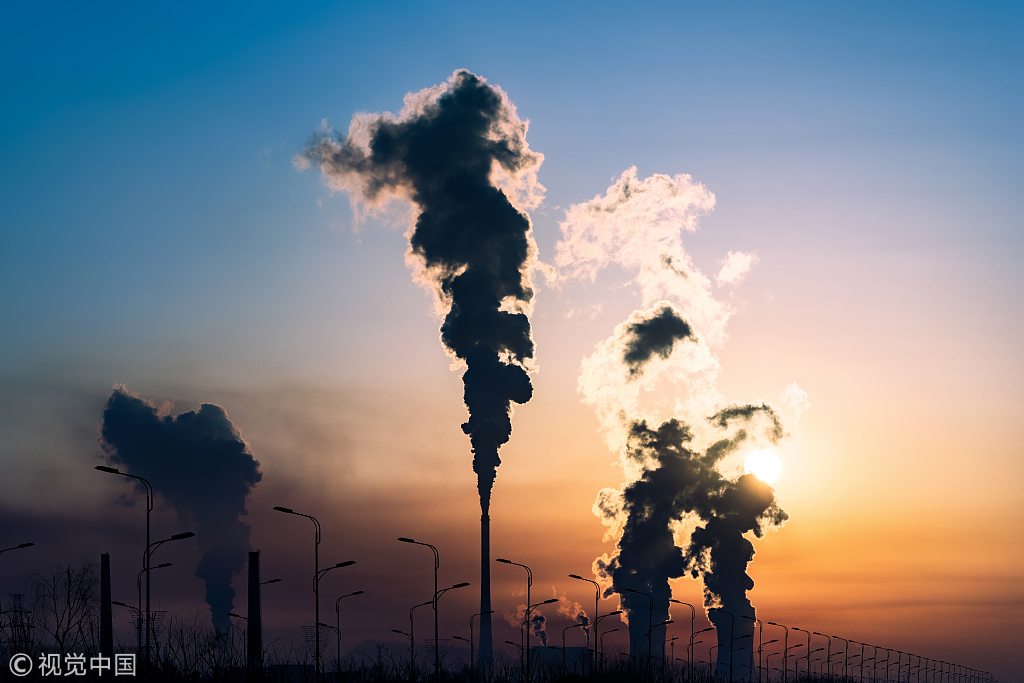
(Photo: VCG)
China Minmetals and ChemChina will join 6 provincial-level regions in probe
Two Fortune Global 500 enterprises will become the first State-owned enterprises subject to a high-profile central inspection on ecological and environmental protection, led by ministerial-level officials.
China Minmetals Corp, the country's largest metals and minerals group, and China National Chemical Corp - or ChemChina, the country's largest chemical enterprise - together with six provincial-level regions including Fujian and Hainan provinces and Shanghai will be subject to a one-month inspection, the Ministry of Ecology and Environment said in a media release on Monday.
The latest inspection will aim to address outstanding ecological and environmental problems to improve environmental quality while promoting high-quality development, the release said. It said the probe, covered by the first batch of the second round of central inspections, will be launched soon but did not disclose the exact time.
It also said the inspection of State-owned enterprises will check whether the instructions of President Xi Jinping and other leading officials of the central government have been implemented and if they have adequately fulfilled their duties in pollution control.
The current status of longstanding problems related to ecological environment and the operation of long-term mechanisms for ecological environment protection put into place by these companies will also be scrutinized, it said.
Inspectors will also check to see whether environmental violations that were previously exposed have been addressed.
In 2018, China Minmetals ranked 109th and ChemChina ranked 167th among the Fortune Global 500 companies.
With eight listed companies, China Minmetals managed 1.86 trillion yuan ($270 billion) of assets by the end of 2018. Chem-China controls nine listed companies, according to the websites of the two Beijing-headquartered companies.
Ma Jun, director of the Institute of Public and Environmental Affairs, an NGO, said many central SOEs make a great environmental impact as they, often with a large number of subsidiaries scattered in many regions, "have a very large scale of energy consumption and emissions". Their central government-controlled background, however, often creates obstacles for local environmental authorities to regulate them.
"The central inspection on ecological and environmental protection could help break these obstacles," he said.
Based on data his institute collected, some central SOEs also exhibit poor performances in environmental protection or fail to disclose environmental information as required, he noted.
He said he looks forward to seeing the inspection help push these central SOEs to make their environmental information public, which will facilitate public participation in environmental supervision.
According to the Ministry of Ecology and Environment, the new round of inspection will begin this year and last for four years. Inspectors will check whether violations they find in the first three years are rectified when they conclude their task in 2022.
While ministerial-level officials will work as heads of the eight inspection teams, vice-ministers of ecology and environment will be deputy heads.
In addition to central government-controlled companies, this round of inspection will also target central government bodies, instead of only inspecting local governments and companies as it did in the first round, the ministry said.
Over 40,000 companies received penalties of nearly 2.5 billion yuan, and 2,264 people were detained for environmental violations during the first round of the inspection from the end of 2015 to 2018. The inspection also helped address more than 150,000 environmental problems, according to the ministry.


